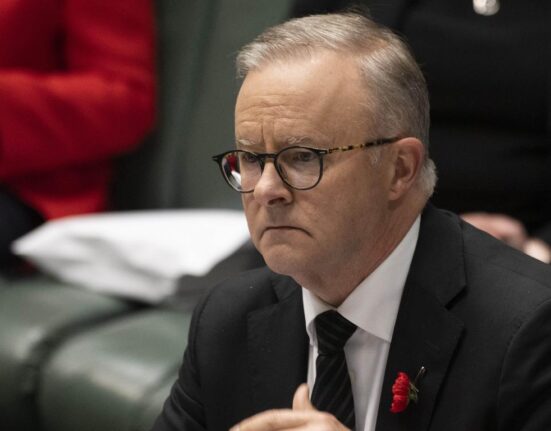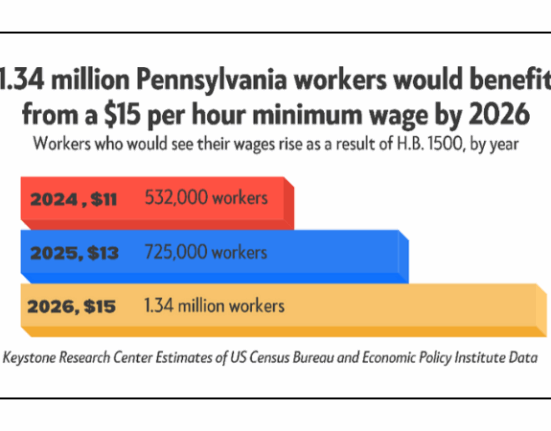The world of electric vehicles (EVs) is buzzing with excitement and innovation, but there are certain fears that are putting the brakes on sales. People are hesitant to fully embrace EVs due to concerns about battery longevity, the absence of a robust second-hand market, and other lingering uncertainties.
Despite government projections envisioning a future where EVs dominate Australian roads, recent statistics reveal that only 5.9% of new cars sold in the market are electric. This discrepancy highlights the existing doubts among consumers regarding the practicality and reliability of EV technology.
According to a recent study conducted by insurance giant NRMA, Australians have reservations about investing in electric cars for various reasons. These include apprehensions about finding qualified technicians for repairs, uncertainties surrounding the durability and safety of second-hand EV parts like batteries, as well as worries regarding proper disposal methods for used EV batteries.
NRMA’s research sheds light on key consumer anxieties related to EV ownership. A significant portion of current EV owners express concerns about the scarcity of qualified technicians capable of servicing their vehicles. Julie Batch, NRMA Insurance chief executive, emphasized this issue by pointing out a shortage in automotive repair professionals nationwide.
Batch explained,
“Nationally there are 38,000 unfilled automotive positions right now…EVs require specialized skills that go beyond traditional automotive expertise.”
This shortage underscores the urgent need for upskilling within the automotive industry to meet the growing demand for EV maintenance services.
Moreover, there is a growing consensus within the automotive sector regarding an impending shortage of technicians equipped to handle the increasing number of EVs hitting the streets. The Victorian Automotive Chamber of Commerce has indicated that at least two to three times more qualified EV technicians will be necessary in the near future.
Another major area of concern highlighted by NRMA’s study is related to recycling and disposing of EV batteries. Many drivers worry about potential hazards such as battery fires during charging processes despite evidence indicating that such incidents are rare. Misinformation circulating about battery safety further exacerbates these fears among consumers.
Batch addressed these concerns by stating,
“There is misinformation surrounding which electronic batteries pose fire risks…this contributes to public apprehension towards using recycled batteries.”
Educating consumers on battery safety and recycling practices could help alleviate some of these apprehensions.
The lack of a thriving second-hand market for EVs in Australia adds another layer of uncertainty for potential buyers. Establishing a robust secondary market would not only increase confidence in new vehicle purchases but also contribute to greater overall sustainability within the industry.
Looking ahead, government initiatives play a crucial role in driving consumer interest in electric vehicles. Initiatives like Australia’s National Electric Vehicle Strategy have already demonstrated positive outcomes by doubling national EV purchases from 3.8% to 8.4% following implementation.
Recent investments by state governments in expanding public charging infrastructure further support this trend towards increased adoption of electric vehicles across Australia. For example, NSW Premier Chris Minns recently announced significant funding towards adding more charging stations throughout the state—a move expected to encourage more people to consider going electric.
As consumer perceptions evolve and technological advancements continue to enhance both performance and accessibility aspects of electric vehicles, experts anticipate a gradual shift towards wider acceptance and integration of this sustainable mode of transportation into everyday life.









Leave feedback about this